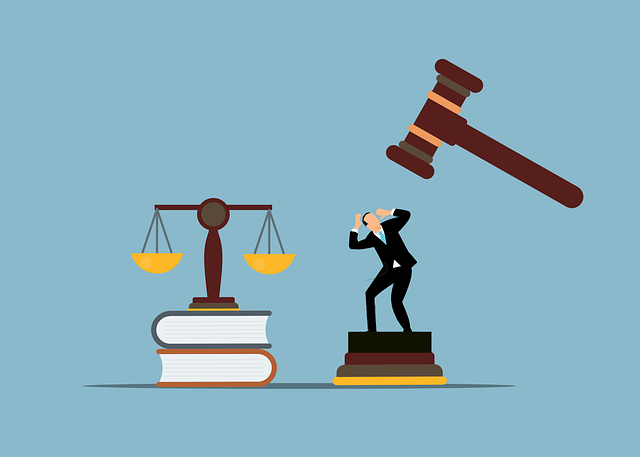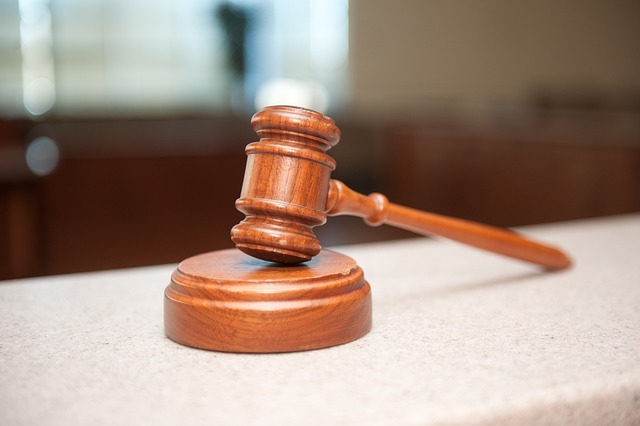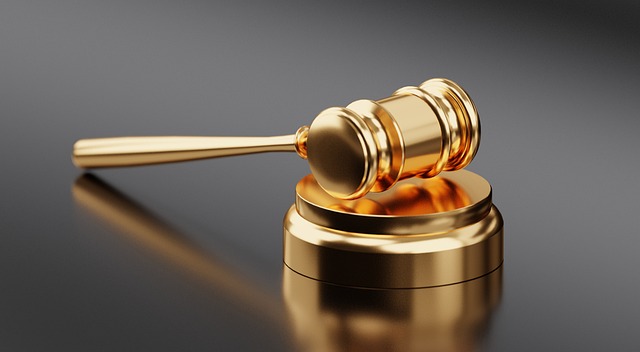Inadmissible testimony, including hearsay, character evidence, illegally obtained info, and Miranda rights violations, poses significant challenges in The Woodlands criminal cases. Skilled The Woodlands criminal lawyers are crucial for navigating these complexities, ensuring only reliable, relevant evidence reaches the courtroom through meticulous questioning and cross-examination. They protect defendants' Fourth and Fifth Amendment rights, uncover potential biases, and challenge evidence gathering methods, ultimately guaranteeing a fair trial.
In the complex landscape of legal proceedings, understanding inadmissible testimony and improper evidence is paramount. This article delves into the challenges faced by both parties, offering insights on how a skilled Woodlands criminal lawyer can navigate these treacherous waters. By exploring what constitutes improper evidence, we equip readers with knowledge to recognize and suppress inadmissible testimony. Armed with this understanding, individuals can better protect their rights and ensure a fair trial.
- Understanding Inadmissible Testimony: What Constitutes Improper Evidence?
- Strategies for Suppressing Inadmissible Testimony: The Role of a Woodlands Criminal Lawyer
Understanding Inadmissible Testimony: What Constitutes Improper Evidence?

Inadmissible testimony, or evidence that cannot be presented in court, often arises from a variety of sources. The Woodlands criminal lawyer knows that this can include hearsay, where an out-of-court statement is used to prove the truth of its content, and character evidence, which refers to an individual’s moral character rather than their specific actions relevant to the case. Additionally, evidence obtained through illegal search or seizure, as well as statements made without proper Miranda warnings, are typically excluded due to violations of constitutional rights.
Understanding what constitutes improper evidence is key for both lawyers and jurors. A The Woodlands criminal lawyer plays a crucial role in navigating these complexities by ensuring that only reliable and relevant testimony reaches the courtroom. This involves rigorous questioning during depositions and cross-examination to exclude inadmissible statements, thereby protecting the defendant’s rights and ensuring a fair trial.
Strategies for Suppressing Inadmissible Testimony: The Role of a Woodlands Criminal Lawyer

When facing criminal charges, having an adept woodlands criminal lawyer by your side is invaluable, especially when navigating the complexities of evidence and testimony. One of their primary roles is to suppress inadmissible evidence and ensure that only reliable and relevant testimonies are presented in court.
The strategies employed by a woodlands criminal lawyer include thorough pre-trial investigations to uncover potential sources of biased or misleading testimony. They critically examine the circumstances under which evidence was gathered, challenging any violations of an individual’s rights, such as those protected by the Fourth and Fifth Amendments. Through persuasive legal arguments and strategic questioning, they aim to prevent prejudicial information from reaching the jury, ensuring a fair trial for their clients.
In navigating complex legal proceedings, understanding what constitutes inadmissible testimony and improper evidence is crucial. This article has delved into these key aspects, highlighting the strategies available to a Woodlands criminal lawyer in suppressing such evidence. By recognizing and challenging these issues, legal professionals can ensure fair trials and protect their clients’ rights, ultimately upholding the integrity of the justice system. Relying on expert legal guidance from a Woodlands criminal lawyer is essential for effectively navigating these challenges.



